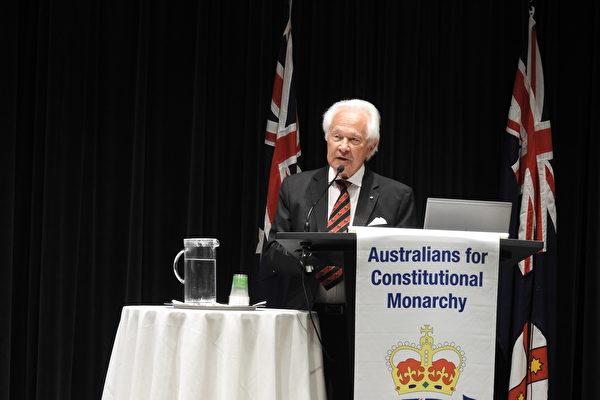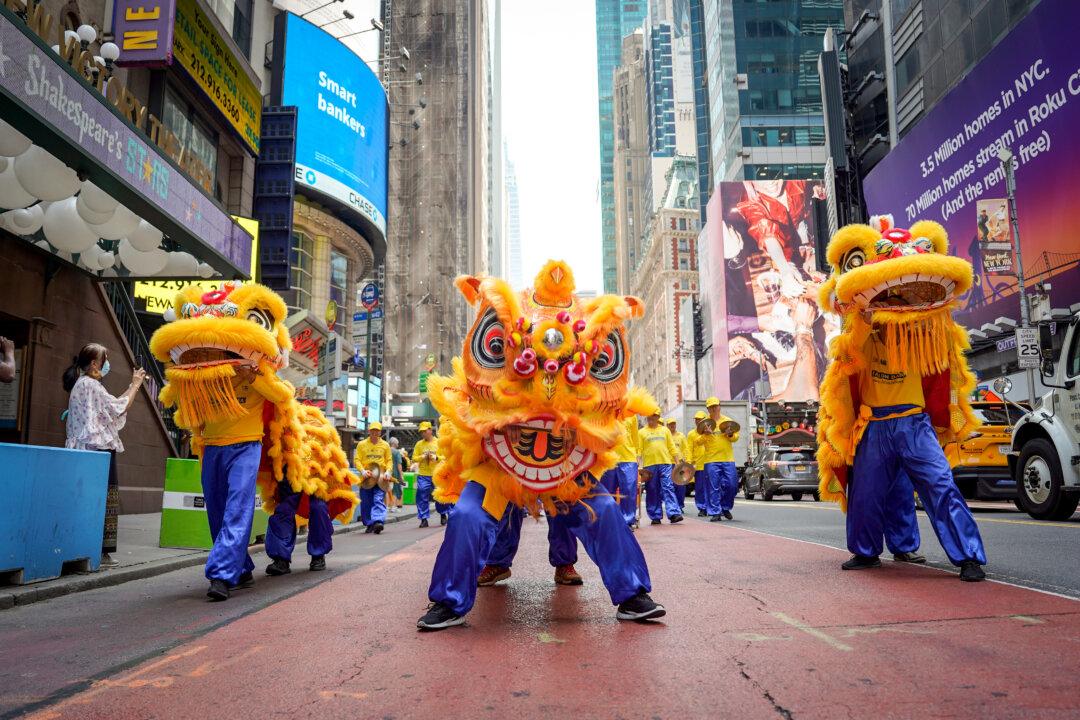The upcoming referendum in Australia will face a bigger defeat than the republic referendum in 1999, according to David Flint, a senior jurist and former Chairman of the Australian Press Council.
“I think it will be an enormous ... It will be a bigger defeat than in 1999. Provided, of course, it’s honest and fair,” Prof. Flint told The Epoch Times on Oct. 9 during the annual conference of Australians for Constitutional Monarchy.




